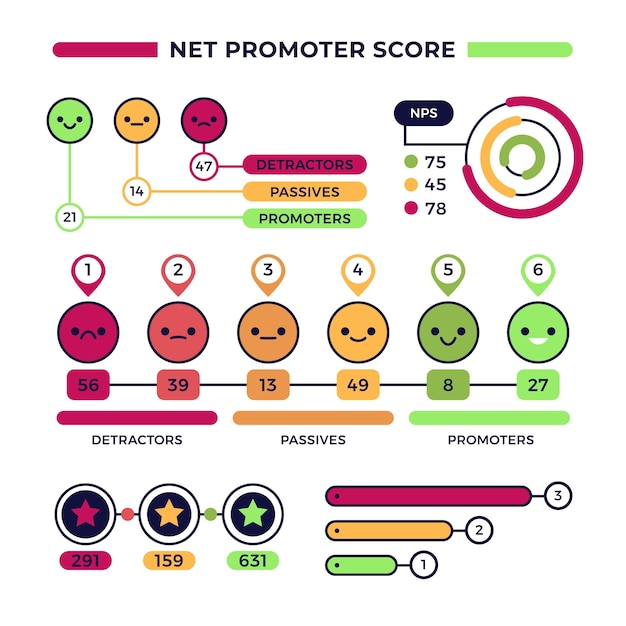
In English, the verbs “can” and “could” are often used interchangeably, but they have distinct meanings and usage. Understanding the differences between them is crucial for effective communication. Both “can” and “could” can express ability and make requests, but they do so in slightly different ways. Let’s explore the various uses of these two verbs in the context of ability and requests.
Expressing Ability
When it comes to ability, “can” and “could” can both be used to indicate someone’s capacity to do something. However, “can” refers to present or general abilities, while “could” is more commonly used to talk about past or hypothetical abilities.
| Ability | “Can” Usage | “Could” Usage |
|---|---|---|
| Present Ability | I can swim. | – |
| General Ability | Cats can see in the dark. | – |
| Past Ability | – | When I was younger, I could run faster. |
| Hypothetical Ability | If I trained harder, I could become a professional athlete. | – |
As shown in the table, “can” is used for present or general abilities, while “could” is used for past abilities or hypothetical situations. However, it’s important to note that “could” can also indicate politeness when making requests, as we’ll discuss further.
Making Requests
Both “can” and “could” can be utilized to make requests, but the choice between them depends on the level of politeness desired.
| Request | “Can” Usage | “Could” Usage |
|---|---|---|
| Polite Request | Can you please pass the salt? | Could you please pass the salt? |
| Informal Request | Can you close the door? | – |
When making a polite request, it is more common to use “could” instead of “can.” This adds a layer of politeness and respect to the question. However, in informal situations, using “can” is perfectly acceptable.
Conclusion
Understanding the nuances between “can” and “could” is essential for effective communication in English. While both verbs can express ability and make requests, “can” is used for present and general abilities, while “could” is often employed for past abilities and hypothetical situations. Additionally, “could” is commonly used to make polite requests. By using these verbs appropriately, you can enhance your English language skills and convey your intended meaning more accurately.



